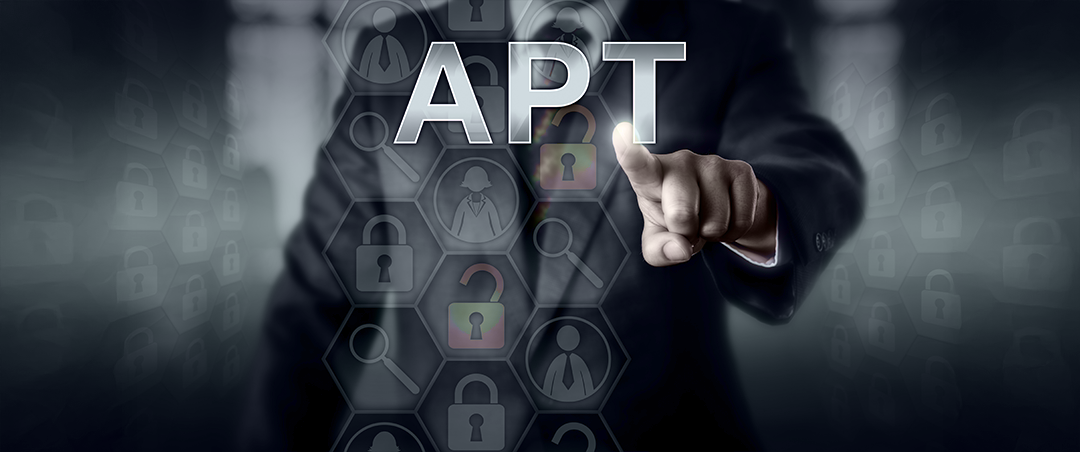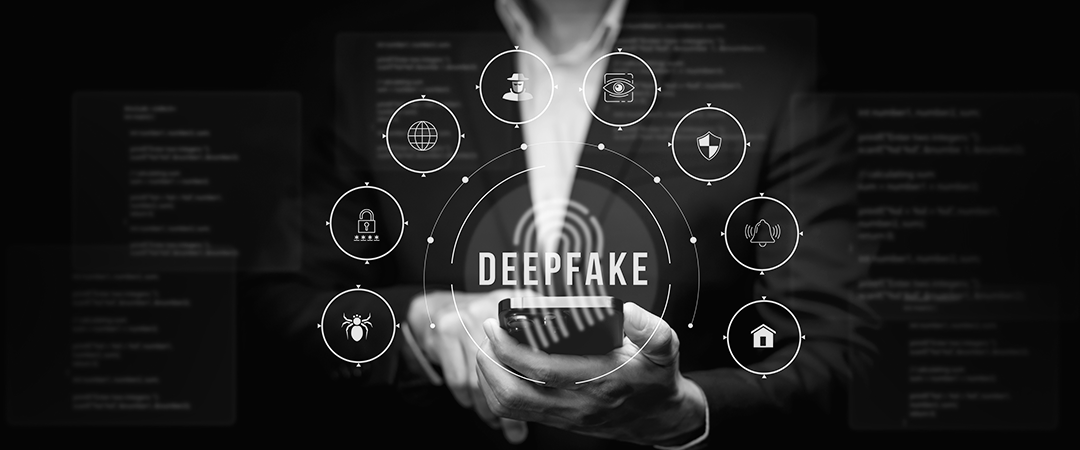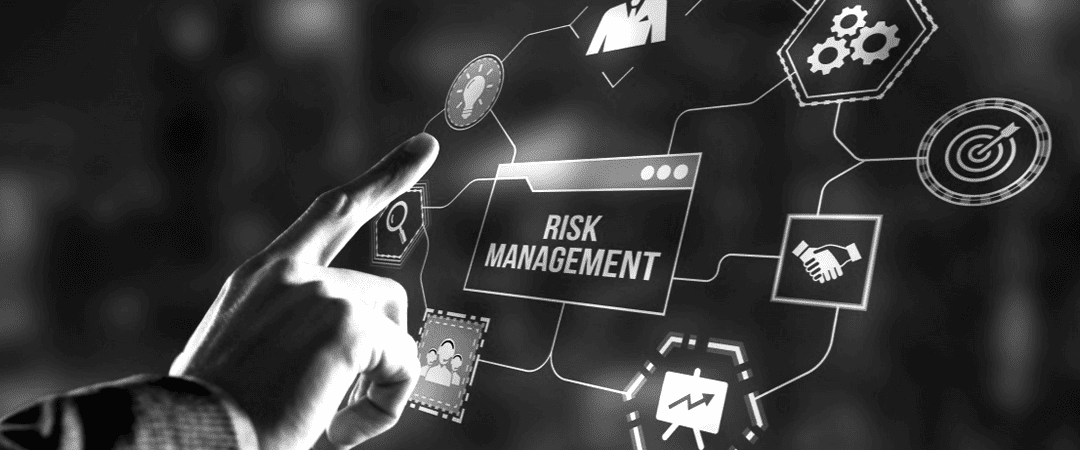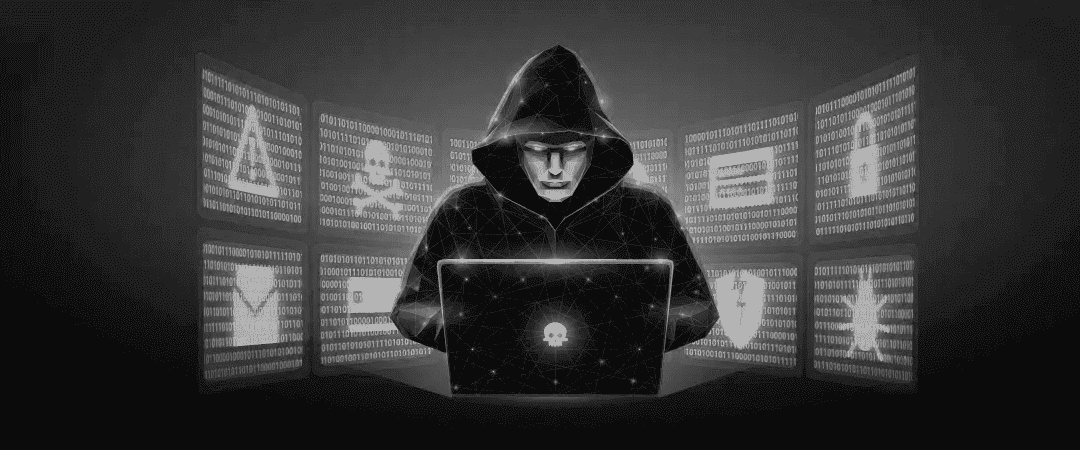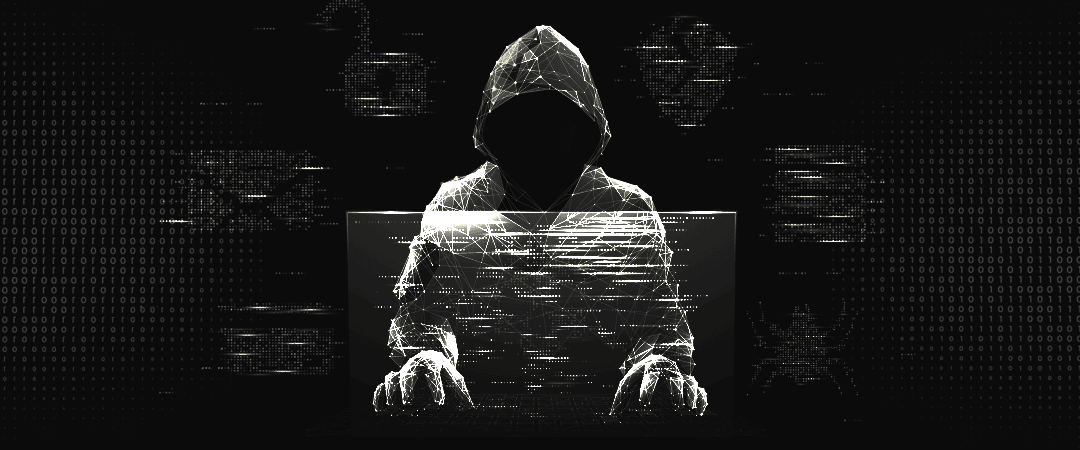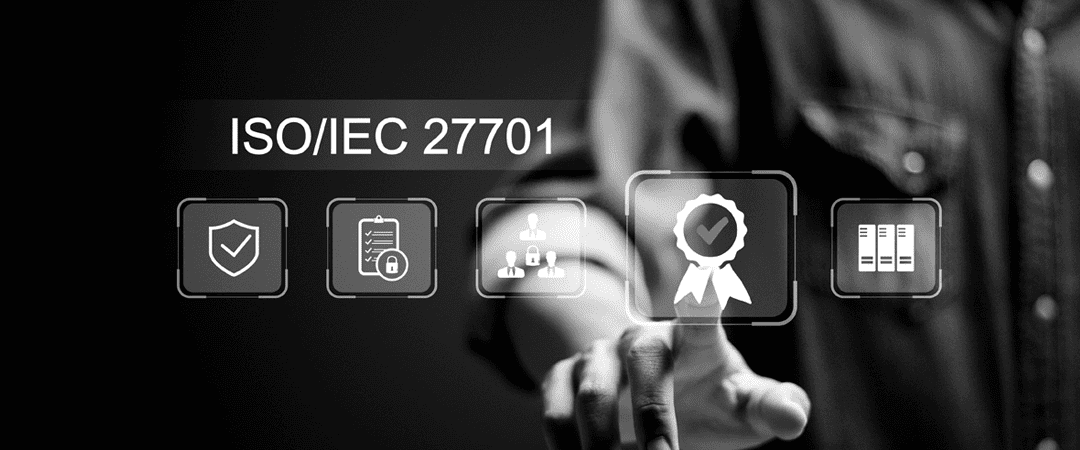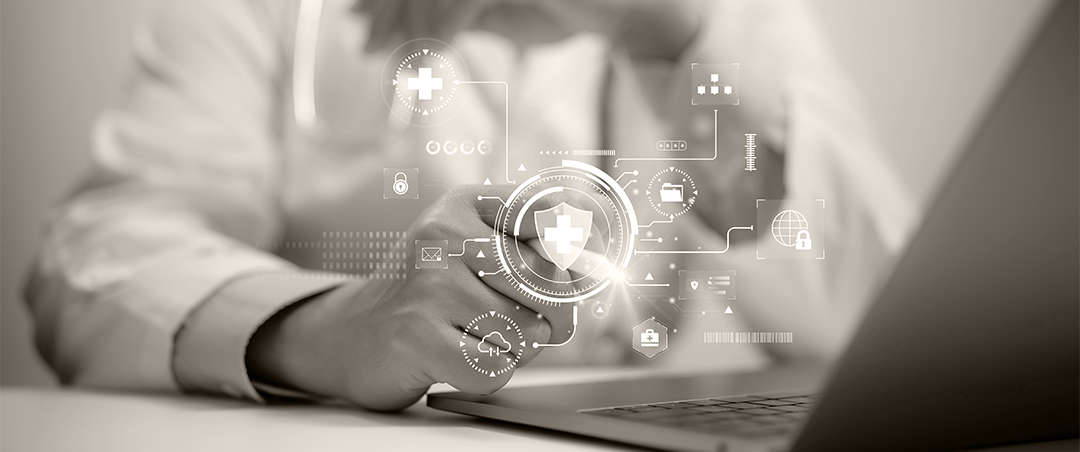
Healthcare Security Revolution: Protecting Patient Data in 2025
Introduction
The world of healthcare is changing fast. Electronic health records, telemedicine, and connected medical devices are improving patient care, making processes more efficient, and enabling information to travel further than ever before. But as more sensitive medical data becomes digital, the risk of that data being exposed grows. Protecting patient information is no longer just about computer security, it’s about maintaining trust, meeting tough new regulations, and ensuring patients receive the safe, timely care they deserve. In 2025, this challenge sits at the top of every healthcare organisation’s agenda.
Table of Contents
| 1. The Rising Threat Landscape in Healthcare |
|---|
| 2. The Real Importance of Cybersecurity in Healthcare |
| 3. Regulatory and Legal Safeguards in 2025 |
| 4. Why Is Cybersecurity So Challenging in Healthcare? |
| 5. Best Practices for Securing Patient Data |
|---|
| 6. Spotlight: Nurses Group's Journey to Better Data Protection |
| 7. The Future of Patient Data Protection |
| 8. Conclusion |
1. The Rising Threat Landscape in Healthcare
Healthcare is now one of the prime targets for cybercriminals worldwide. NHS data breaches have made headlines millions of patient records lost or exposed due to sophisticated attacks or simple human errors. Cyber attackers know the value of medical data. Electronic health records contain everything from basic details to addresses, health histories, financial information, and even treatment plans. That makes it worth more than a typical credit card record.
What dangers should health organizations be aware of? Ransomware, with thousands of documents held to ransom, remains a major threat. Phishing attacks are becoming increasingly sophisticated, employing social engineering and spoofed email to deceive even technologically adept staff. Supply chains are also an open field; a single poorly secured third-party provider will compromise the data of a whole hospital. Internally, staff error or deliberate misuse are also dangers particularly in high-stress, high-speed environments with high-consequence decisions.
2. The Real Importance of Cybersecurity in Healthcare
Medical data isn’t just information it’s part of a person’s identity. When we hear about an NHS data breach, it’s not simply numbers lost it’s people with health conditions, private issues, and care histories suddenly put at risk. A breach can mean more than embarrassment; it can lead to identity theft, financial fraud, and shockingly mistakes in care if records are altered or lost.
Healthcare organisations also rely on well-protected information to keep operations running. Doctors, nurses, and admin staff need instant access to the right files. If systems are locked or compromised, care is delayed or worse, errors can happen. That’s why cybersecurity in healthcare is about much more than compliance. It’s a foundational necessity for every clinic, hospital, and care provider.
3. Regulatory and Legal Safeguards in 2025
Severe legal and regulatory guidelines have accompanied the healthcare digitalization. In the UK, NHS data protection is guided by the Data Protection Act and GDPR, which impose tight controls on managing, storing, and sharing patient data
Healthcare providers today must:
- Collect and retain only that data which is actually necessary for the care of the patients (data minimisation).
- Inform patients clearly about what becomes of their information-transparency is not a choice, it is a requirement by law.
- Embed security features in all IT processes, including design and regular operation (security by design).
- Report data breaches to regulators promptly delaying or concealing an incident incurs legal and reputational losses.
Information governance is also gaining attention. In the NHS, clear policies, staff training, and proactive risk management are now expected at every level. This isn’t just in government hospitals private providers such as Nurses Group also adhere to these standards, knowing the price of patient trust and regulatory compliance.
4. Why Is Cybersecurity So Challenging in Healthcare?
Healthcare stands apart from other industries. The mixture of cutting-edge devices and legacy systems is complex and sometimes difficult to secure. Thousands of healthcare workers and contractors move through busy hospital floors every day, accessing files at speed raising the risks of both mistakes and malicious acts.
Downtime is not an option. If a bank’s services stop for a few hours, it’s frustrating. If a hospital’s health records disappear, the consequences can be dire. Security measures must work in real time, without slowing care delivery. The rapid adoption of digital health from wearable monitors to remote video consultations means new systems and vulnerabilities are always appearing, demanding constant vigilance.
5. Best Practices for Securing Patient Data
So how can healthcare providers protect data in this demanding environment?
- Zero Trust and Strong Access Controls: Don't assume anyone inside the network is safe. All access to patient records, whether by a nurse or an IT tech, should be verified often with multi-factor authentication.
- Modern Encryption: Patient data should be inaccessible to outsiders. Encrypt data both when it's stored and when it moves across networks.
- Regular Risk Assessments and Training: Healthcare staff are the frontline of defence. Regular training makes them able to detect phishing messages, avoid dangerous behaviours, and respond promptly to alerts of suspicious behaviour.
- Incident Response Planning: Even the most secure systems can be breached. All providers must have an established plan for detection, response to, and recovery from cyber incidents mitigating patient harm.
- Advanced Monitoring: Analytics or AI powered real time monitoring identifies issues ahead of time to avert extensive damage.
neXavault, an expert in healthcare cybersecurity, helps organisations like Nurses Group put these strategies into practice. Their tailored solutions are designed for UK and international standards, keeping patient records and organisational reputation safe.
6. Spotlight: Nurses Group's Journey to Better Data Protection
Nurses Group, a healthcare provider in the UK, recognised growing risks and stepped up their commitment to cybersecurity. With guidance and services from neXavault, they rolled out real-time threat monitoring, strong encryption, and improved staff training. Compliance reporting became easier, meeting the Data Protection Act requirements without extra administrative headaches. As a result, incidents dropped, and audits went from stressful to successful.
Their journey shows it’s possible for providers of all sizes to combine modern technology, good staff practices, and specialist support from companies like neXavault to build strong defences.
7. The Future of Patient Data Protection
Technology won't slow down neither will the threats. Artificial intelligence is shaping both new defences and new attack tactics. Cloud computing and remote devices connect care to patients wherever they are, but require careful management and governance.
Healthcare organizations will require partners and solutions that rapidly adapt, comprehend regulation, and render sensible security feasible for front-line personnel. Data protection will be a continual process with ongoing evaluations, alterations, and training.
8. Conclusion: Building Trust for a Safer Tomorrow
Healthcare's digital transformation brings enormous promise and real risk. Protecting patient data is now a daily commitment, demanding collaboration, technical expertise, and careful governance. Robust cybersecurity safeguards not just files, but patient lives and the trust that underpins care itself.
Private healthcare providers and experts like neXavault are working together to meet strict standards, defend against emerging threats, and equip healthcare professionals with the tools they need to deliver safe, reliable care in the digital era.
As healthcare embraces the digital revolution, protecting patient information has become a top priority. The rise in cyberattacks targeting healthcare organisations, especially within the NHS and private providers like Nurses Group, highlights the urgent need for advanced cybersecurity measures. In 2025, healthcare cybersecurity demands fully integrated, proactive, and regulation-compliant strategies to safeguard sensitive medical data and maintain patient trust. neXavault is leading this charge with innovative solutions tailored to meet these challenges head-on.

 Quick
Contact
Quick
Contact

